The Origin of AMA in El Salvador
By David Yoder
Amish Mennonite Aid’s (AMA) earliest involvement in El Salvador was limited to working in an agricultural development program under the government Institute of Rural Colonization, an agrarian reform organization. The first workers arrived in the early days of May, 1962, around five months after the initial visit by a delegation that included Jacob Hershberger and Norman Beachy of AMA. The delegation received a welcome from the executive officials of IRC that culminated in an invitation to AMA to begin an agricultural development effort in the country. The invitation stipulated that the VS workers were not to engage in evangelizing of any sort, although from the beginning, AMA personnel made it clear that their primary interest was to share their faith in God.
A pilot project was established in the small town of Sitio del Nino, located about twenty miles northwest of San Salvador in a building that was designed to be a restaurant. The first projects included a carpenter shop to train boys in basic carpentry, and where men could build useful items of furniture for their home while learning carpentry skills. In addition, the volunteers started sewing and cooking classes that soon grew into self-supporting enterprises. By the end of 1962 the project in Sitio del Nino had grown to include the beginnings of a poultry project with a hundred New Hampshire Red chickens imported from Miami and by the following March a shipment of nine Nubian goats arrived from Pennsylvania. In time, the agricultural development programs spread into other rural communities that to this day bear fruit. Some of the early participants utilized the skills they learned from the AMA volunteers and have built successful businesses still operating today.
The over-arching goal of AMA was to provide for the spiritual needs of the Salvadoran people. The day came when respect for the government’s stringent policy paid off, and our workers were free to evangelize. They not only allowed but welcomed the influence our workers had, especially, in the juvenile court system. A burden for the many unfortunate children grew in the hearts of our workers and provided the inspiration for the New Life and Hope Orphanage that opened in February of 1972. The orphanage provided a provisional home for around seventy children while they awaited adoption into stable Christian homes, most of them in the States. The orphanage operated for nearly twelve years close to the town of Aguilares, till it was deemed unsafe because of frequent visits from the leftist guerrillas. The demands they placed on the staff for on-going monetary, physical and medical support made staying in that rural setting unsustainable.
While bringing the Gospel to the lost is at the heart of AMA’s mission, they also seek to cultivate a sensitivity to the physical needs of the people around us. That has involved medical clinics and economic development efforts. The two clinics that were staffed primarily with AMA personnel were located in the canton of Zacamil and the town of El Resbaladero. The latter served the population of a large geographical area for over twenty-five years and more than 23,000 clients.
In the mid to late 70’s a vision developed to provide employment for church members. Businessmen from Ohio formed an organization named Koinonia Economic Development Aid to facilitate a bicycle assembly plant that was located near the town of Guazapa. That effort was short-lived because of security issues surrounding the escalating civil war at that time.
Two other organizations that operate alongside but not directly under AMA are Strong Tower Children’s Home in rural Quezaltepeque and CICS, a residential school for the deaf located on the property that was the New Life and Hope Orphanage.
Today there are Mennonite churches in nine geographical areas. Only one operates under the pastoral oversight of AMA personnel. While there are always challenges in building the Kingdom, the challenges in El Salvador are different today from the ones faced in the 60s. Much of the country has been evangelized by a variety of evangelical denominations, some relatively conservative. The church affiliation of the Salvadoran population has changed considerably from Catholic to Protestant, so our message doesn’t stand as alone in contrast to the Catholic faith as it did in the 60s. That said, there is still a great need for the Anabaptist witness, and there are still souls coming to faith and becoming productive members in the Salvadoran church through the witness of the churches supported by AMA. These churches are currently pooling resources to build El Manantial, a venue on the side of a mountain, that will accommodate larger church gatherings. The facility has dormitories to facilitate minister’s meetings, youth conferences, weddings, etc.
The need continues to educate those in the church to provide for themselves financially, so there is a renewed effort on the part of AMA staff to meet that need through vegetable farming. This effort is a testament to the reality that the physical needs of humans will always be present and that there is value in meeting the needs of the whole person in our efforts to bring to faith and disciple new believers.
